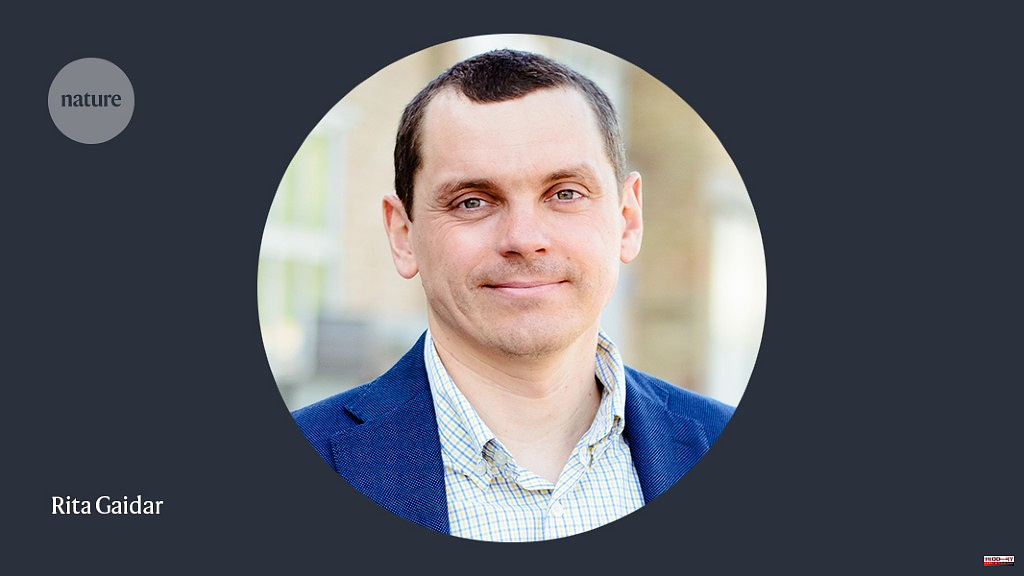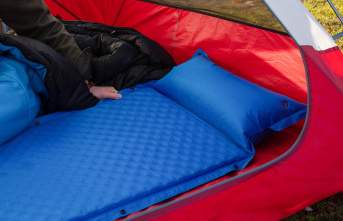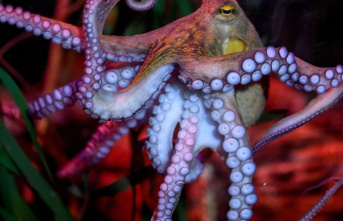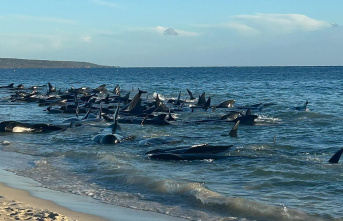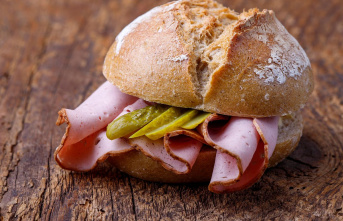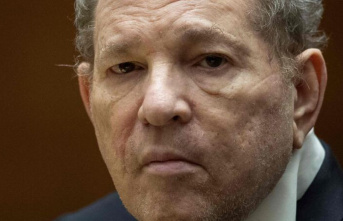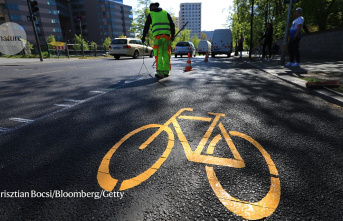The first day of the Russian invasion in Ukraine on February 24, 2002, was a normal drive. My parents had visited me the night before, and I had stayed with them. We talked about the telegram messages that a colleague had sent me detailing the explosions in Brovary (an eastern suburb of Kyiv). I was too far from the city to risk driving into it.
I drove 40 minutes from eastern Kyiv to Kozelets, the town to the north, leaving my parents' home in Kozelets. Although there wasn't much traffic, there was still some. There was a long line of people waiting for the shuttle bus to take them into the city. I approached the intersection near a military base I had passed many times before. It was not something I had considered.
I slowed down to wait at the traffic lights and then looked around. I saw a rocket shoot out of the sky. It was a flash of orange and red. It was 150 metres away. No car moved when the traffic light changed to green. We were expecting a second rocket. We started moving again when the light changed from red to green.
I started planning for the evacuation of our office as soon as I arrived.
Three months later, I'm back at work and Kyiv has returned to relative safety -- at least when compared to other parts of my country. Chemspace is home to me as a chemist. I am also the executive director. We are a marketplace for small molecules and biomolecules with the largest global online catalog. Our database is used by pharmaceutical researchers around the world to locate what they need for their research.
Because many of the largest chemical companies in the world are also based here, we have our headquarters in Kyiv. Many chemists don't know that many of the world's suppliers, such as OTAVA, Enamine and Life Chemicals are based in Ukraine. Ukraine is home to more than half of the world's research chemical production, or they were before the invasion. (Most of the remaining half of research chemicals are produced in Russia. This is due to the rapid growth of the chemical sector after the collapse Soviet Union.
From personal experience, I know that when war strikes, many people will immediately seek refuge for their loved ones, friends, and colleagues. The sounds of explosions in mid-air echoed through my bedroom the night of 24 February. My family and I packed up our bags the next morning and drove to the west side of the country.
12 spent 5 hours in traffic, with other Ukrainians who were all part of the same mass exodus. My wife drove the family car, which was once used to drop my children off at school, to Apetlon in Austria where they are all now.
I couldn't join them even if I tried. The law prohibits men aged between 18 and 60 from leaving Ukraine.
Although the fighting on the ground is now confined to the east, the conflict has left much of its mark. Cluster bombs were dropped on my grandparents' village. One landed on their vegetable garden and the other squatted there in the mud. They waited for a defusing team or a storm to activate it.
After spending several weeks in the west, I returned to Kyiv and found the city darkened. During the pandemic I knew that the apartments were occupied. I now know that they are empty.
This is what I do from my office. Sometimes, it's from our air-raid shelter. It is a small room located under the stairs that houses a kettle, tea and a supply of bottled water. Six chairs are arranged around a desk.
Our office is becoming busier as more people return to the city. Normally, there are 7 to 8 people in the office. We used to have 35. The sirens still disrupt team meetings and we have all grown used to hearing the sound of explosions. This is good news, it means our air defense systems are functioning as they should. We unplug our laptops when the sirens sound and then we take our documents with us and walk down the stairs.
Even work travel has been resumed. Even work travel has resumed. Sometimes, I think that too. As Ukrainian citizens and providers of vital materials to scientists, we feel it is important that we do our part.
Even though we aren't fighting, many people are still dying. The United Nations reported that more than 3,500 civilians have been killed by the war. The International Criminal Court opened an investigation into war crimes committed in this country and crimes against humanity.
We can continue to pay our employees and our taxes as long as the business is still functioning. This will support our military. If there is any hope for an end to the war, Ukraine must continue functioning as a country.
Today I sent my children and wife a care package. It included clothes, shoes, and swimming goggles. Maria's goggles have a yellow tint, while Ivan's are red. They fled their country in winter clothes, huddled together.
Before the invasion, I didn't drive my children to school very often, but I hope that we all will be in the family car on our way to Kyiv in September.

